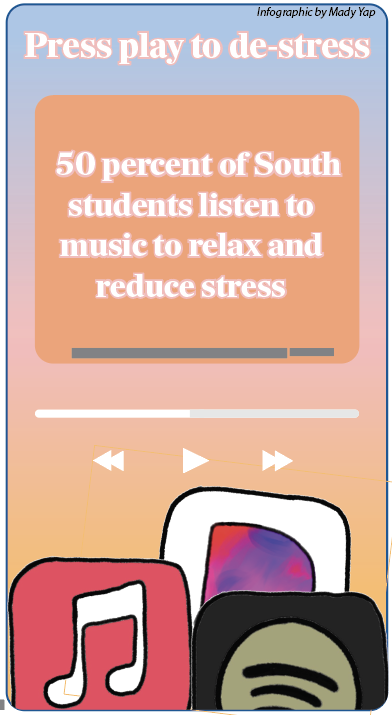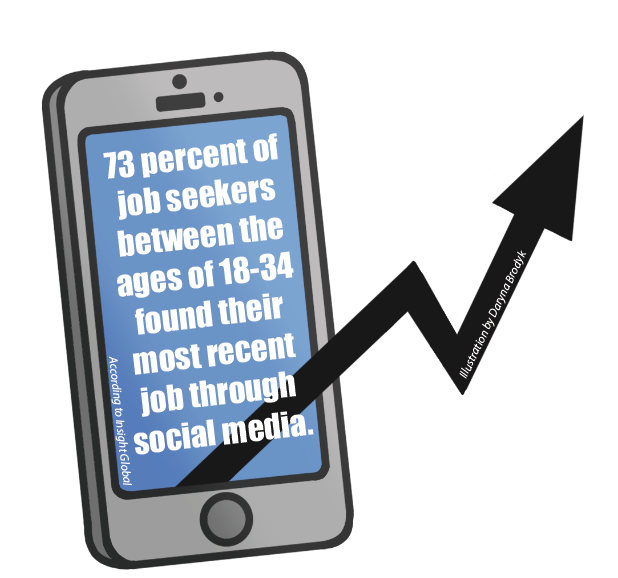Hate. The world is full of it.
It is impossible to escape. Teens are pelted with it from all sides, both online and in-person. In truth, 51 percent of teens in the last 12 months have experienced hate or harassment online, The Anti-Defamation League Center for Technology and Society recently reported.
The amount of hate has significantly increased around the world in the last couple years.
But, why exactly are we so hateful?
It is impossible to pinpoint exactly why people decide to be hateful online, but the most common reason is that it is easier to break someone down from behind a screen under an unknown user tag without even making face to face contact. It might feel good to bully or even right. There is never a justified reason to hate on or bully a person.
Everyone struggles with their own challenges, their own feelings, their own problems, but taking your feelings out on someone else won’t change anything.
Cyberbullying’s effects can be permanent and lead to much more than a diminished self-esteem.
Even if you are not directly in harm’s way of hateful comments online, the exposure to them can also lead to greater stress, The National Library of Medicine said. As different mediums of social media increase in our world, so do
the amount of opportunities for cyberbullying to occur. Words posted online never go away; you can never truly delete your hateful comment out of your victim’s mind. These words will stay with you both, physically and mentally, and that one comment can change their life forever.
We may be guaranteed the freedom of speech, but it is important to wield it with nuance and caution. Think about how it would feel to be in their shoes before you post.








